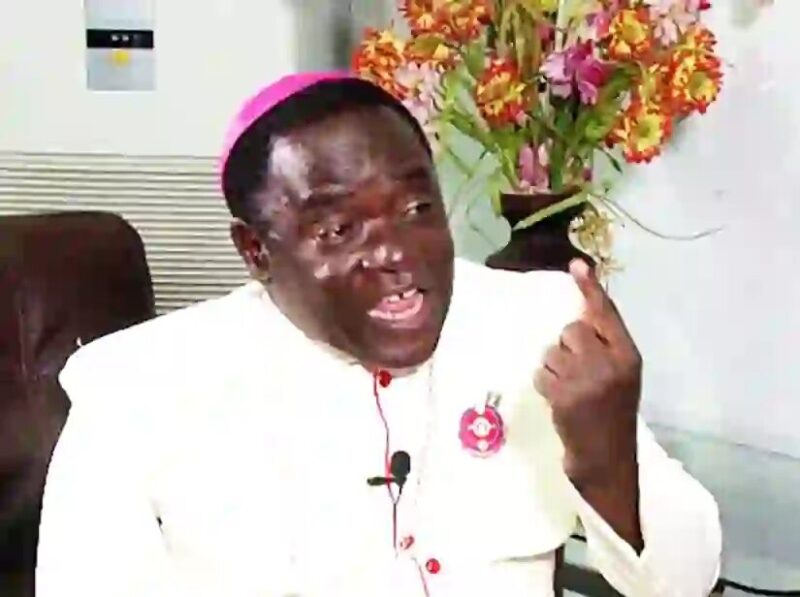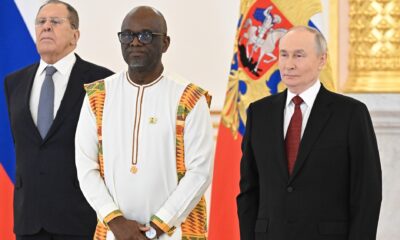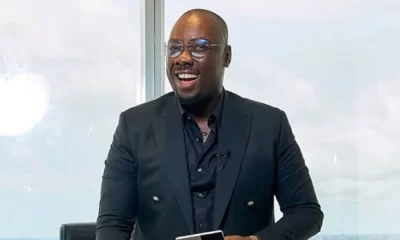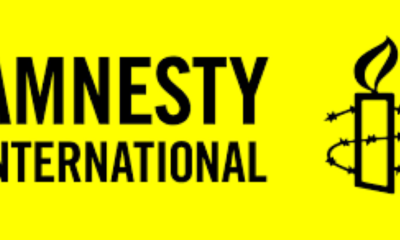Breaking News
It’s Costlier to Die Than to Live in Africa — Bishop Kukah Warns as He Calls for Homegrown Health Solutions
Bishop Matthew Kukah urges African leaders, faith institutions and civil society to take charge of the continent’s failing health system, warning that dependence on foreign aid is unsustainable. He calls for accountability, stronger local financing, and renewed political engagement to solve Africa’s deepening health crisis.

Bishop Matthew Hassan Kukah of the Catholic Diocese of Sokoto has delivered a strong message urging African leaders, faith communities, and civil society to take ownership of the continent’s worsening health crisis, warning that continued dependence on foreign aid is no longer viable.
Speaking in Nairobi at the African Faith and Health Leaders Consultation—organised by Christian Connections for International Health (CCIH), the All Africa Conference of Churches (AACC), and the Africa Christian Health Associations Platform (ACHAP)—Kukah said urgent action is needed to strengthen health systems across the continent.
“We must hold the feet of our politicians to the fire,” he said. “Africa cannot continue to blame the victim or hide under a theology of helplessness. God cannot be the default solution because our health systems have failed our people.”
The consultation, which gathered bishops, archbishops and pastors from 10 sub-Saharan African countries, focused on equitable health financing, sustainable care for vulnerable communities, and improving advocacy frameworks.
Kukah criticised African governments for failing to meet the Abuja Declaration commitment to allocate 15% of national budgets to healthcare, noting that religious institutions still lack the data and analytical tools needed to hold leaders accountable.
He highlighted the everyday reality for many families facing medical costs, saying: “People are grabbed by poverty and desperation. My phone never stops ringing—someone’s father, someone’s child—begging for help. This is not how a society should function.”
Calling for stronger domestic resource mobilisation, Kukah urged Africans to reassess spending patterns and tap into local wealth. “It is more expensive to die in Africa than to live,” he said. “There are people with enormous wealth; are we engaging them? Are they investing in the health of our people? We cannot wait until the taps run dry in Europe and America.”
Beyond healthcare, Kukah reflected on the continent’s political landscape, stressing the need for constructive civic engagement. “There is no alternative to democracy. If we are not at the table, then we are on the menu,” he said. He encouraged more civic actors to participate in shaping governance and public policy.
The multi-day consultation continues with discussions on local health manufacturing, equitable health financing, government collaboration, and community-level reforms.
Opinion Nigeria News










